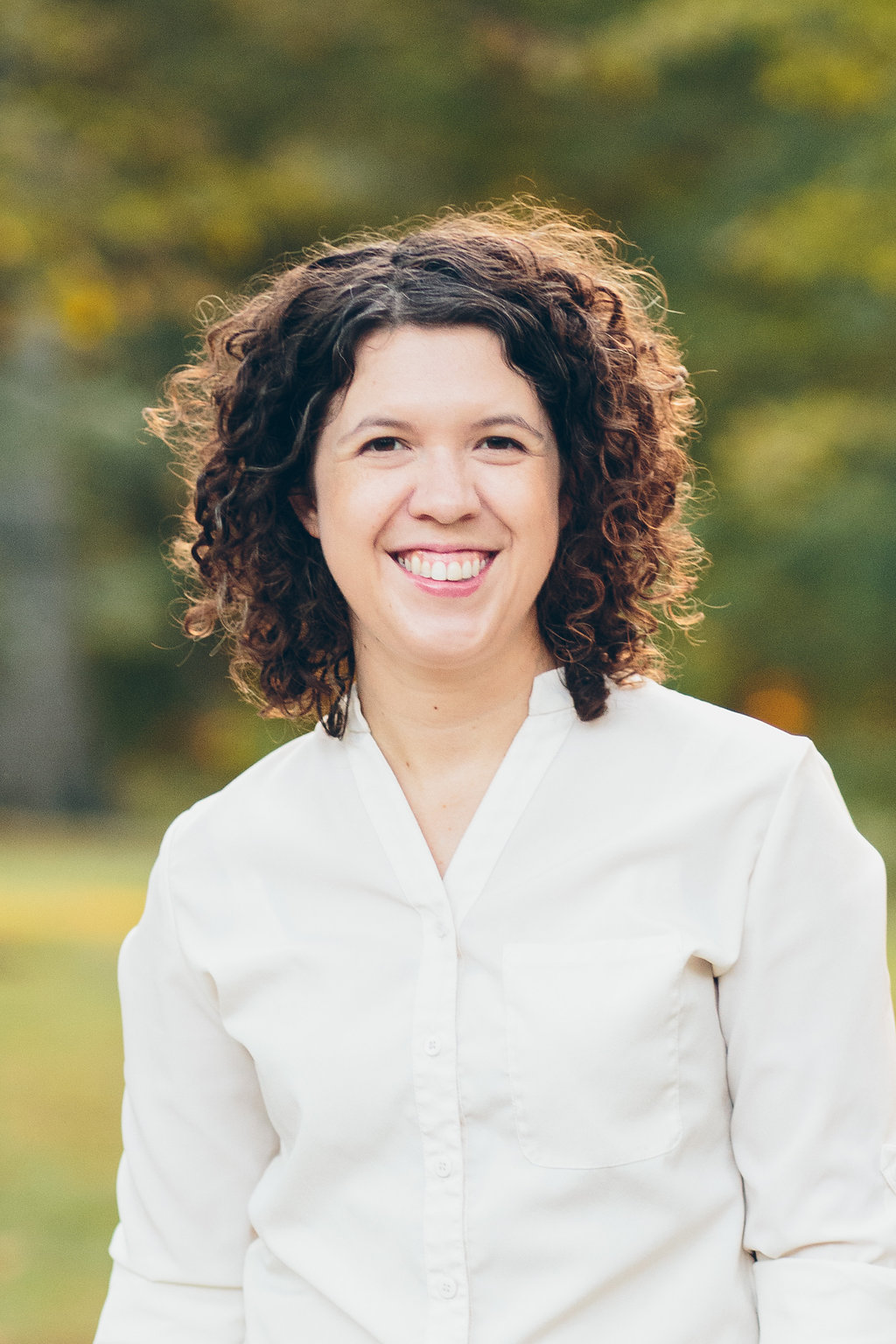Librarians, archivists, and records managers can say “record” to one another and know it means document, catalog record, three-dimensional object, or digital file. But this wide net can confuse those who create and manage records but do not consider them central to their jobs. Ask and they may reply “What’s a record?”
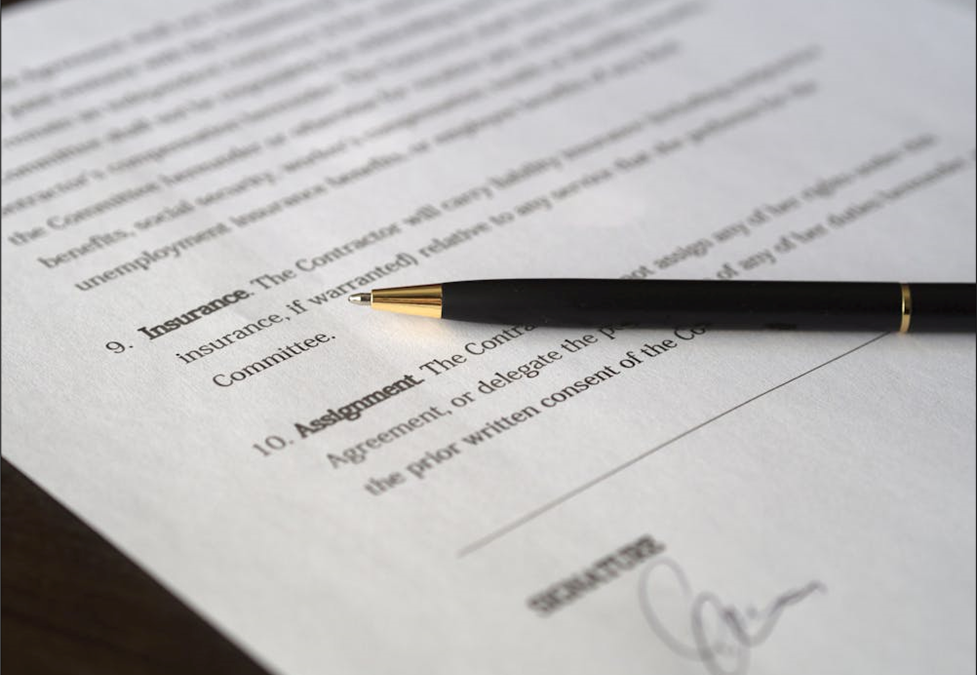
At the University of Cincinnati, a record, whether it’s created, received, or managed by university employees represents an action taken to complete a task. Many documents, paper or digital, can be considered records. But not all for various reasons. Records exist in many places, from filing cabinets to the cloud. Email is a curious case, being both a record and a means for transmitting them.
Record is a ubiquitous term that casts a wide net. Any confusion is understandable. But at UC, a record can be any document, device, or item, physical or digital, regardless of its purpose. Whatever its form or the purpose it was created for or received by UC, a record serves to document the organization, functions, policies, decisions, procedures, operations, and other activities at UC.
At the same time, not every document, device, or item constitutes a record. Examples include rough notes, drafts, or copies kept for reference which do not contain information requiring preservation or duplicate information found in documents deemed official records. Because they are not considered records, they may be discarded whenever the creator or user deems it appropriate.

Those that are records can be found in many locations. Physical ones include boxes, filing cabinets, and folders. Digital locations include computers, shared drives, databases, the cloud, and email servers.

But email as both a record and a location? The answer is yes. Those considered records contain information that falls under the campus-wide General Records and Retention Schedule (GRS), which determines how long records are retained. This does not mean that all emails constitute records. These typically include meeting reminders, courtesy copies, listserv notices, drafts, or a means to transmit documents (e.g. attachments or OneDrive links). They may be deleted.
The definition of a record at UC means that it documents an activity. Not all documents and items, physical or digital, are considered records. Those deemed records can be found in many places from filing cabinets to Teams. Emails serve as both records and means for transmitting them. With this knowledge, UC faculty and staff can exercise greater confidence in knowing what records are and are not and their uses.

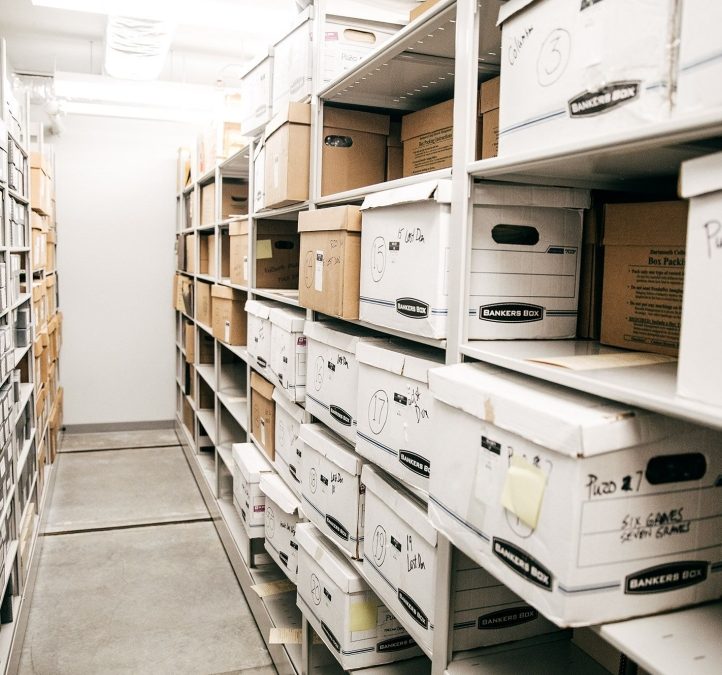

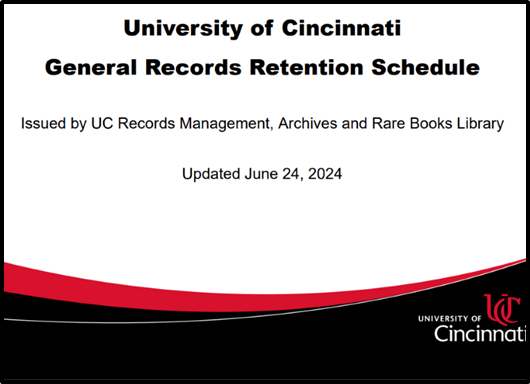
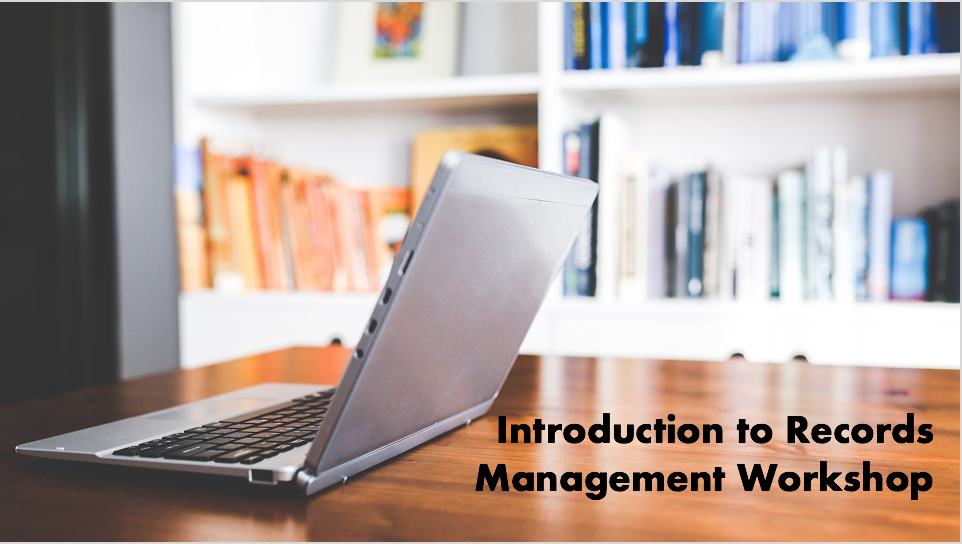
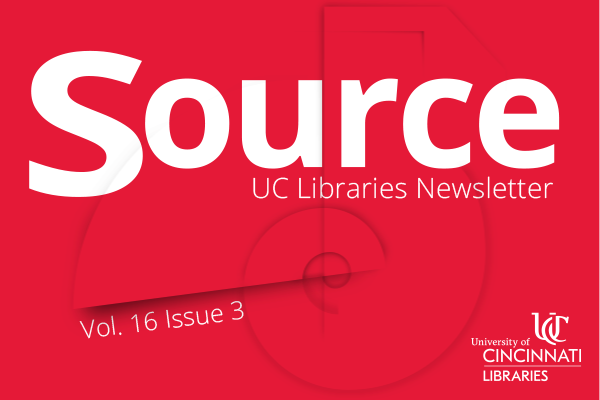 Read Source, the online newsletter, to learn more about the news, events, people and happenings in UC Libraries.
Read Source, the online newsletter, to learn more about the news, events, people and happenings in UC Libraries.